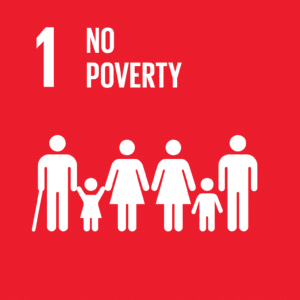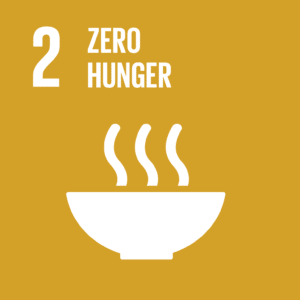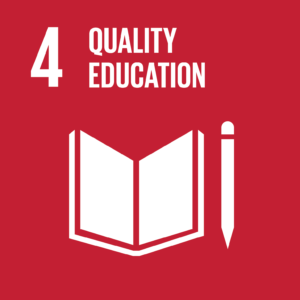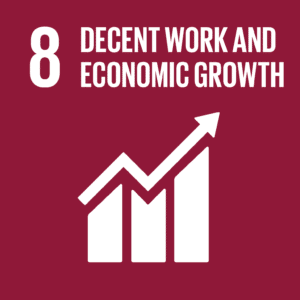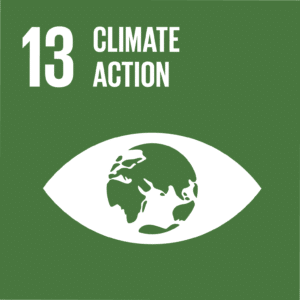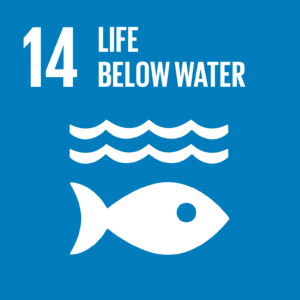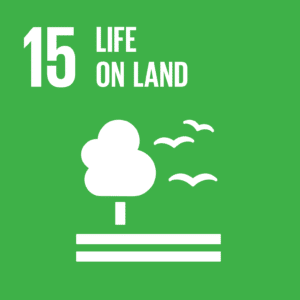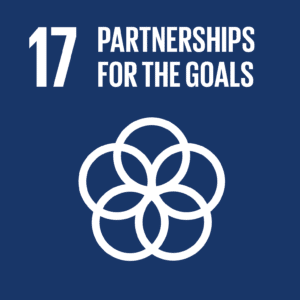Integrating climate change knowledge into agricultural education
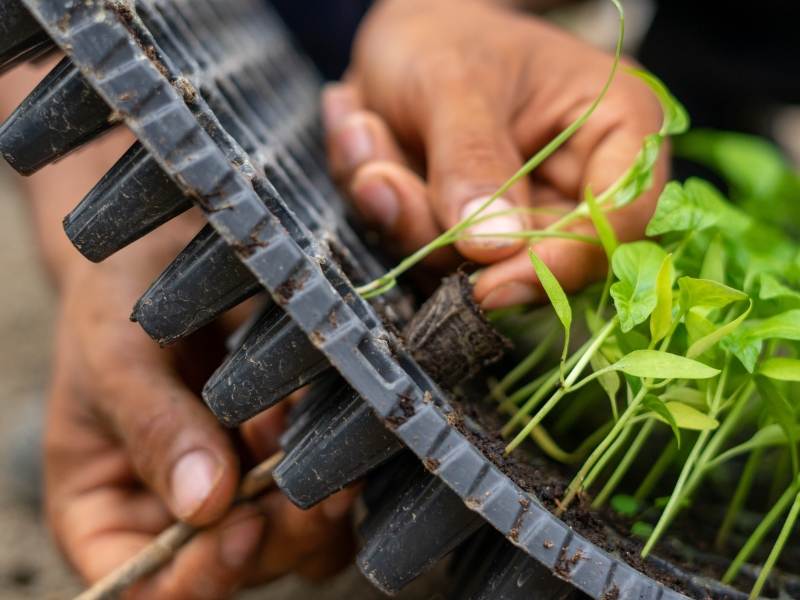
The crucial role of education in addressing the challenges of the agricultural sector in Ecuador
Ecuador has a rich biodiversity with different climates and ecosystems, but it is also vulnerable to the effects of climate change. The agricultural sector, which is vital for food production, raw materials and employment, is heavily impacted by climate change. At the same time, this sector is the third-largest emitter of greenhouse gases in the country, further exacerbating climate risks.
Ecuador's vulnerability to the negative effects of climate change is currently high. To address this challenge, significant investments and innovations are needed to enhance the country's resilience. According to the National Adaptation Plan (2023-2027), it is crucial to strengthen the agricultural sector's capacity for ecological sustainability and climate resilience. This requires people with the right "green skills." Education plays a crucial role in this process, as it can drive action against climate change and help develop these skills. However, current educational programs do not sufficiently focus on climate-smart and ecologically sustainable agricultural practices.
Courses on climate change and ecological sustainable agricultural practices
An effective and scalable approach will be developed for the further professionalization of agricultural teachers, with a strong focus on climate change and ecological sustainability.
Climate change and ecological sustainability will be integrated into two existing online courses (Massive Open Online Courses - MOOCs, developed with support from the Belgian government) for agricultural teachers. These two courses focus on economic opportunities for youth in the agri-food system and on collaboration with role models and mentors in the agricultural sector.
In addition, two new online courses for agricultural teachers will be developed and tested. The first course will provide an introduction to climate-smart and ecological sustainable agriculture, while the second course will focus on project-based learning in the agricultural sector.
The Ministry of Education (MINEDUC) will also be supported in the implementation of the Plan Natura. This includes integrating further teacher training into the ministry's operational plans, as well as developing a strategy to scale up the improved training for agricultural teachers.
Support for teaching climate-smart and ecological sustainable agricultural skills will be expanded by connecting agricultural teachers with experts from the agricultural sector.
A total of 200 agricultural educators will participate in the courses "Economic opportunities for youth in the agri-food system" and "Collaboration with role models and mentors in the agricultural sector."
Eighty educators will participate in the new online courses on "Climate-smart and ecological sustainable agriculture" and "Project-based learning in the agricultural sector," and they will transfer this knowledge to 600 students.

Want to know more about this project?


